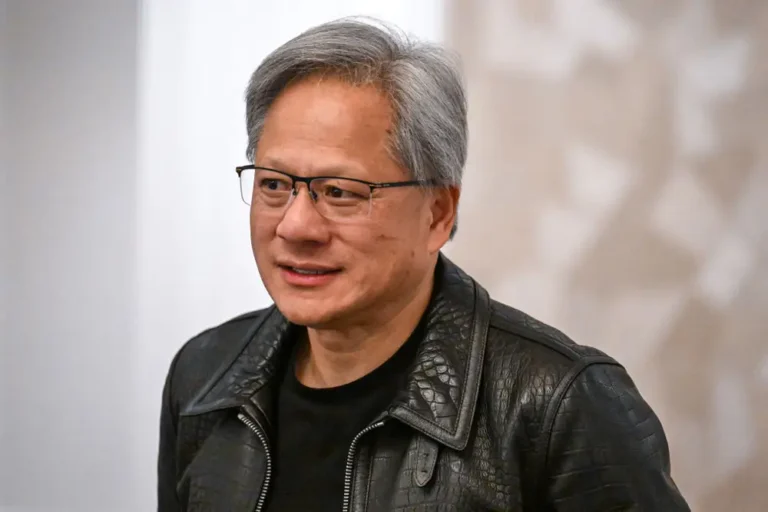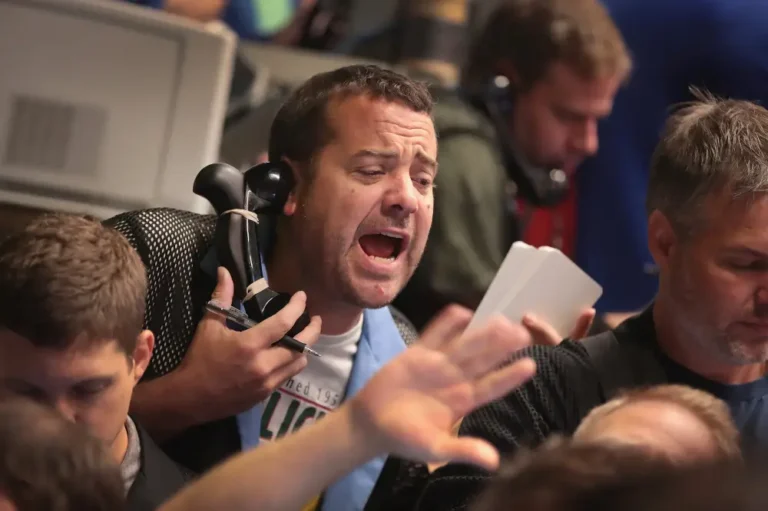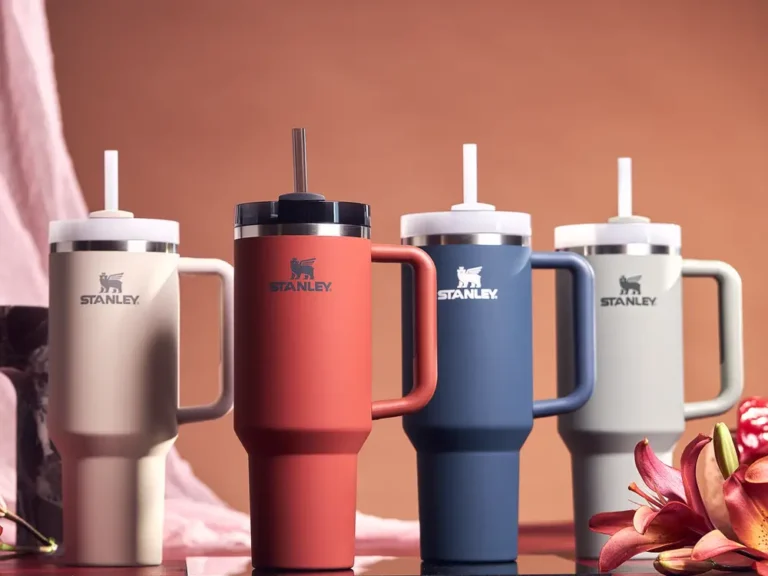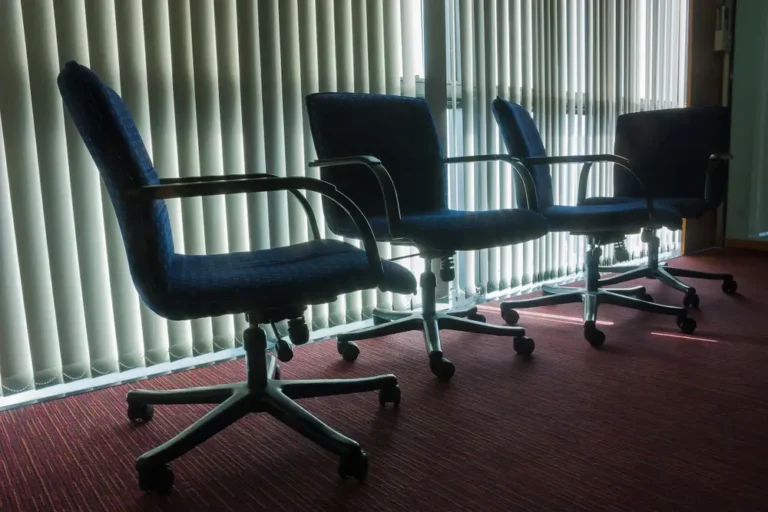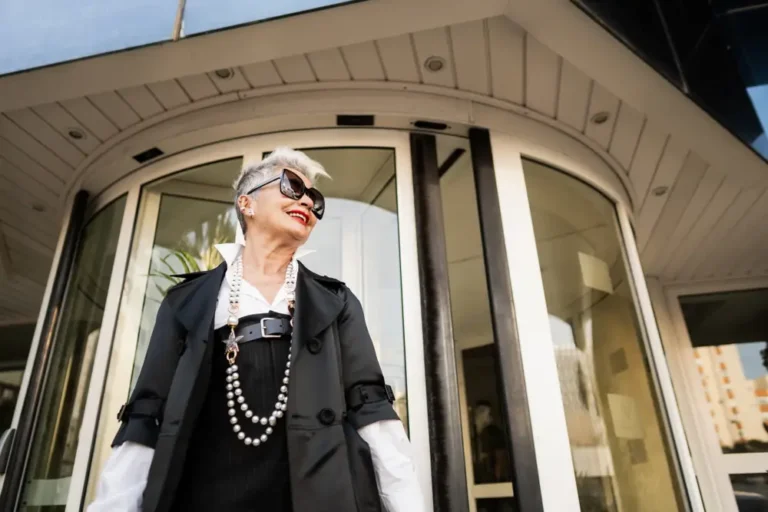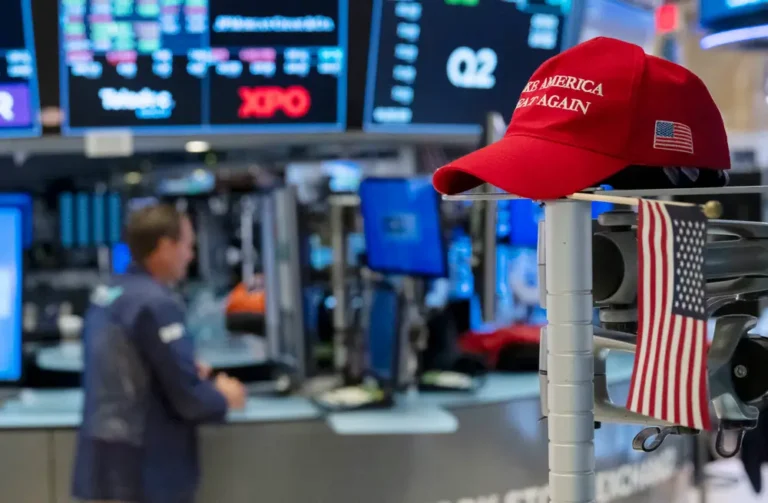A real estate developer who owns hundreds of units says the key to financial freedom is getting over the hurdle of buying your first rental property — and shares 2 strategies for getting started
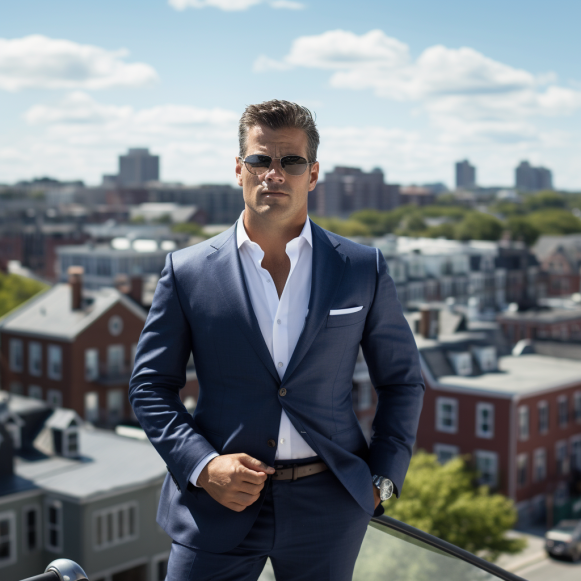
- Volnay Capital founder Ricky Beliveau acquired his first investment property in his early 20s.
- He used an FHA loan to buy a triplex, moved in, and rented the other two units.
- After years of doing real estate investing on the side, he quit his finance job to do it full-time.
Ricky Beliveau did not always consider real estate as an investment vehicle.
“I grew up in a standard house in Connecticut, and that was all I really thought of real estate as: the house that you live in,” Volnay Capital’s Boston-based developer and founder told Insider.
He enrolled in a real estate finance class his senior year of college and began learning about various property-investment strategies. He was especially interested in multi-family real estate, so he centered his capstone project on it.
“I actually picked a building that was on the market very close to where I was renting and used that as my example for my capstone,” Beliveau, who majored in finance and already had a job lined up at Wellington Management, explained. “I ran the numbers, compiled the financials, collaborated with my professor, and at the end, I was like, ‘Wow, this could be very lucrative.'” At that point, I decided that I wanted to try this after graduation. “I’d like to invest in a rental property.”
Beliveau purchased his first multi-family property in December 2010, six months after graduating from Northeastern University. He bought his second a year later.
By 2015, his real estate investing business had grown to the point where he felt comfortable leaving his finance job.
“The most important thing for anyone trying to find financial freedom is getting that first rental asset,” said Beliveau, who now runs several real estate-related businesses, including a property management firm and brokerage. Beliveau himself owns 94 units. According to an asset sheet obtained by Insider, Volnay Capital’s portfolio and properties owned with partners total over 1,000 units.
Getting into real estate in today’s market is “very difficult,” he stated flatly. “It’s become more difficult over the years as interest rates and property values have risen significantly.” However, there are still opportunities available.”
Beliveau shared two strategies he used to get started that any new investor can use to get their first rental unit.
1. Utilize an FHA loan to buy an owner-occupied property
FHA loans are government-backed mortgages that allow people to buy a home with as little as 3.5% down. It’s how Beliveau and many other investors Insider has spoken with were able to purchase their first homes.
One of the requirements of using an FHA loan is that you have to occupy the property you’re buying and use it as a primary residence for at least one year.
However, you can still rent a portion of the property to offset your mortgage and live in your own home at a reduced or even no cost.
Beliveau did exactly that: he purchased a triplex, moved into one unit with his girlfriend (now wife), and rented the other two.
“The numbers worked out perfectly,” he told me. “The mortgage on it was about $4,000 a month and the two other units were paying $2,100 a month.”
He renovated each unit over the next year, transforming the building from a nine-bed, three-bath to a 12-bed, six-bath. Thanks to a year’s worth of rental income and his finance salary, Beliveau was able to afford his second property: a quadplex that he also financed with an FHA loan.
“This was back when you could still have multiple FHA loans,” he went on to say. “They changed that rule and now you can only have one FHA per person.”
The primary benefit of owner-occupied rental properties is that your home becomes an asset.
“Owning real estate is an extremely important part of building wealth but the problem is, when you look at your home, it’s not really an asset,” Beliveau said. “It’s not making you money.” You’re paying a mortgage. It is a cost.”
However, if you are an owner-occupier and your primary residence also serves as a rental property, “that’s an asset,” he says. “You’re paying off your mortgage with rental income, not cash from your pocket.” Even if you’re not living rent-free — even if you’re paying $500 a month for your unit but it’s worth $3,000 — you’re still creating value.”
Beliveau emphasizes getting your first “rental asset” — not just your first rental unit — to achieve financial freedom.
2 Obtain funding from friends and family.
The ability to finance a property with an FHA loan reduces the amount of upfront capital required, allowing you to get in with a 3.5% down payment. The difference in putting down 3.5% versus 20% on a $250,000 home, for example, is significant: $8,750 versus $50,000.
Even so, you may not have enough savings to cover a low down payment.
“So you’re going to need to talk to people to get them to invest in this project with you,” Beliveau said.
He went on to say that the key to raising money is how you approach potential investors: “The mistake a lot of young people make is presenting the deal in a nonchalant way that isn’t detailed or in a model.” You must approach it as a business. You must demonstrate what the deal is, how they will profit, and what their returns will be.”
That’s exactly what Beliveau did when he pitched his first deal to his mother, who eventually became his sole investor. Because he couldn’t afford the down payment on the triplex, he showed his mother all of the numbers he ran on the property for his capstone project.
“She had just inherited a small amount of money from a family member who had passed away and didn’t really know what she was going to do with it,” he added. “I brought her my paper, explained what I wanted to do, and said, ‘Why don’t you put the money in as an investor?'” The plan is to provide you with cash flow in the future.’ And she believed in me.”
Beliveau still owns the property, which he paid $930,000 for in 2010.
“It’s probably worth $2.6 million today.” “When I bought it, the rents were $2,100; now they’re $4,700 per unit,” he explained. “And my mother is still the only partner in it.” It’s been 13 years, and she still receives a monthly check.”

